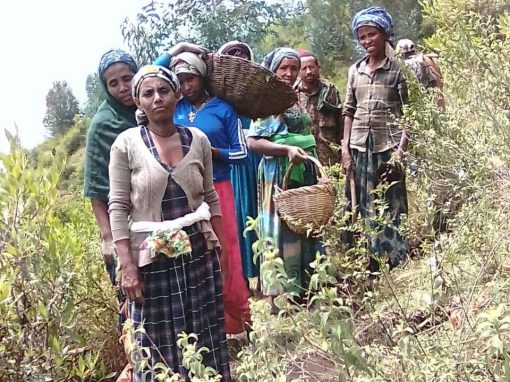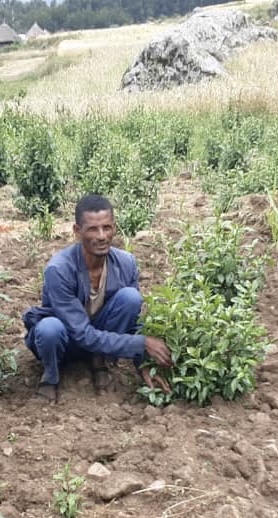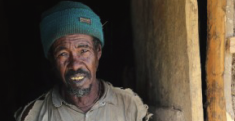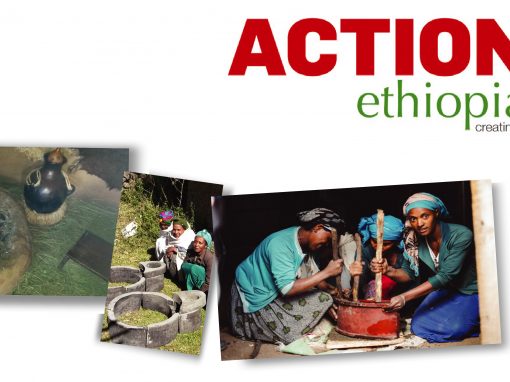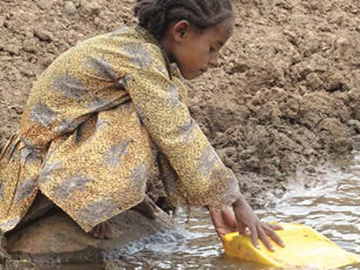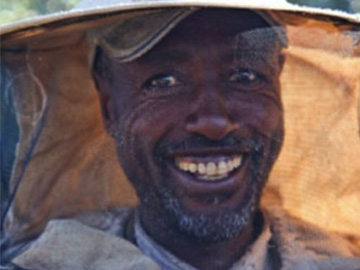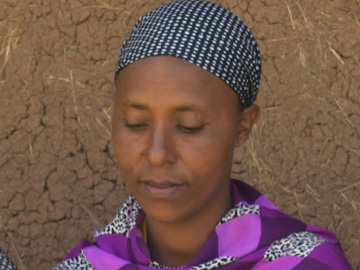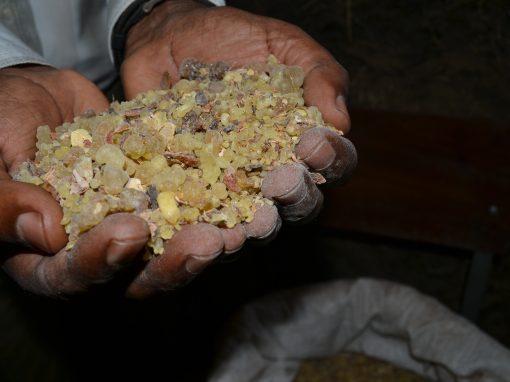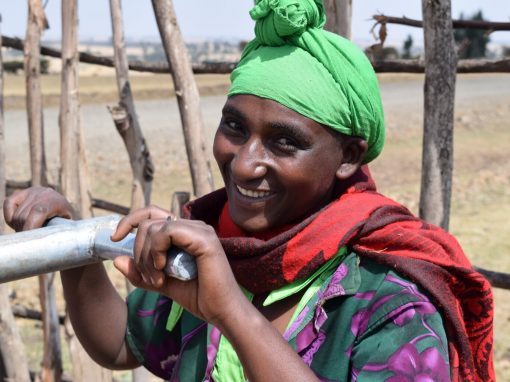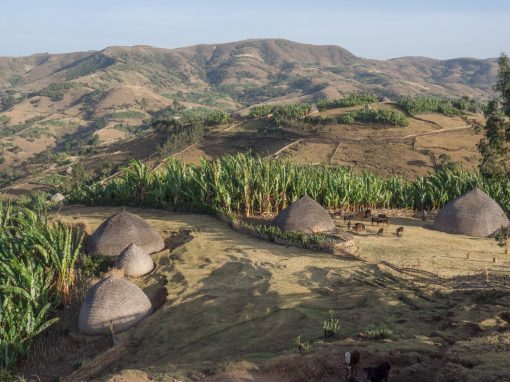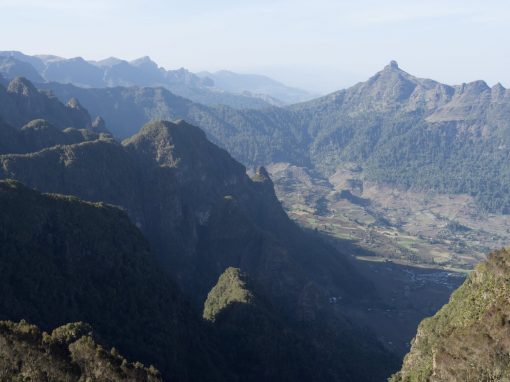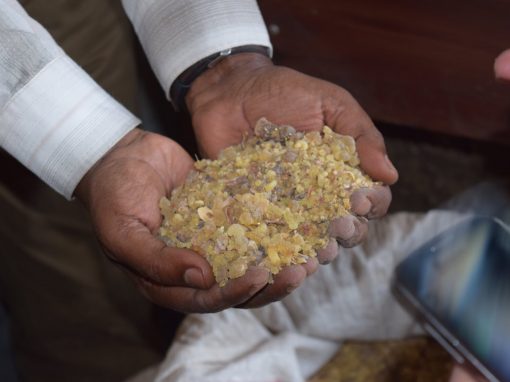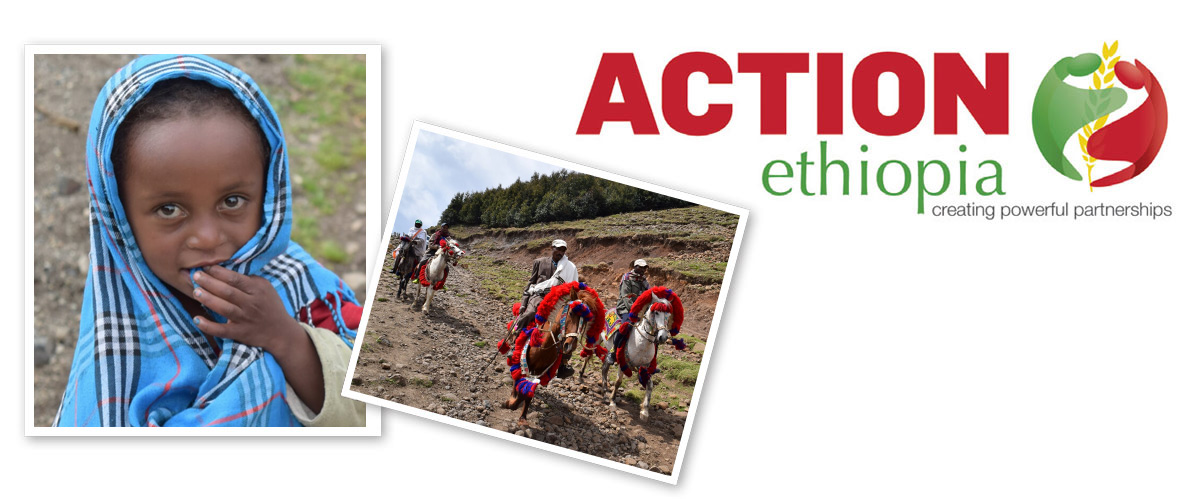
Wof Washa forest is an area of stunning natural beauty. It is also home to the many thousands of people who live in and around it and depend on it for their livelihoods, food and shelter.
For decades the forest had been declining due to many factors, most notably population pressures caused by rapid population growth leading to increased demand for land for cultivation and building homesteads. SUNARMA established a project here working closely with communities to improve agricultural productivity, create opportunities for income generation and supporting them to sustainably manage the natural resources around them.
Over the sixteen years that SUNARMA has worked with communities in Wof Washa there have been many challenges and setbacks but also many successes. In 2017 the project reached a major milestone when the management of 6250 hectares of forest was signed over to community groups. This has given people who previously had little say or control over how the forests were used greater power to make those decisions. This change from government to community control is having a positive impact with many people reporting that they want to protect ‘their’ forest.
Basodengora fuel saving cooperative is another success story from Wof Washa. The group has 21 members and in 2017 produced 775 stoves after receiving training as part of SUNARMA’s project. The stoves have proved popular and sell out quickly. The group made a profit of 108,376 birr (approximately £3600) in 2017. Profits are shared amongst group members with about 30% retained for further development of the group. SUNARMA has so far set up 97 enterprises in Wof Washa ranging from beekeeping to woodlots and everything in between. Woodlots are particularly popular with farmers who have a little extra land as they are able to plant fast growing species such as eucalyptus to supply them with wood for fuel and construction as well as surplus they can sell. This greatly reduces the need to take wood from the forest. Through the establishment of tree nurseries in and around the forest, SUNARMA is supporting the reforestation of areas where tree cover has been diminished and afforestation of new areas.
Improving food production has been a key feature of the Wof Washa project in order to address Illegal farm expansion and encroachment into the forest which was a major problem at the start of the project. SUNARMA’s approach has been to introduce improved seeds, micro irrigation, soil and water conservation techniques and crop diversification to improve overall productivity of the land. The introduction of highland fruits such as apples has helped improve household incomes as the fruit command high prices.
By addressing the diverse but interconnected challenges facing people in Wof Washa, SUNARMA is building strong foundations for long lasting change.

